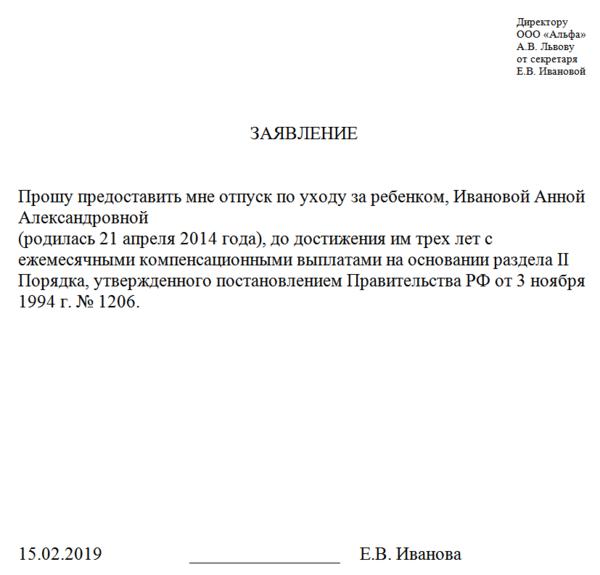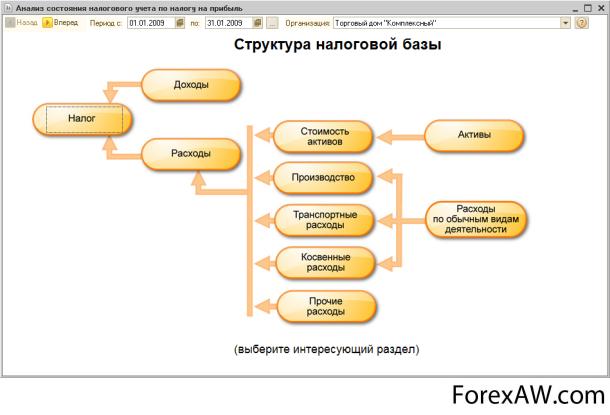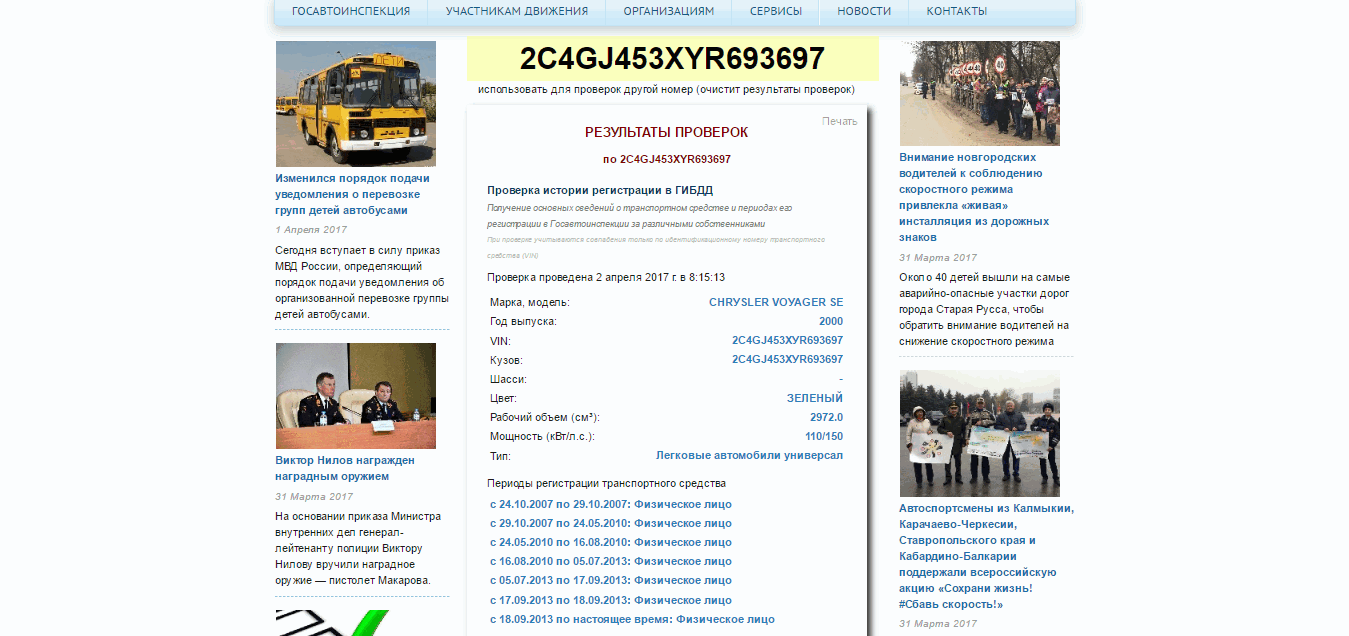The husband died if the loan can be recovered from his wife 2019.

In this article, you will receive advice and advice from legal practitioners that will help you understand the problems with banks and determine the importance of the issue of debt on credit. There is no desire to read everything? When drafting a contract, the parties undertake to comply with the rules of the instrument: the bank to provide money to the borrower and the borrower to pay the loan properly for the duration of the loan, taking into account the commission of interest for the use. At first glance, the picture is clear and no further explanation is required, but there is nothing in life.
WIND: Should a wife pay for her husband's debts, especially if he is no longer alive? The death of a borrower.Dear readers, our articles talk about model ways of dealing with legal issues, but each case is unique.
If you want to know,How do you solve your problem - use the form of an online consultant on the right or call the phones on the website. It's quick and free!
Contents:
- If the husband took the loan and doesn't pay the wife to pay the loan for the husband
- Widows' share
- Can a wife's loan be repaid from her husband and vice versa?
- Is the wife responsible for her husband's loans in 2019, if the husband doesn't pay?
- Draft laws for people
- My husband borrowed a car and died.
- The husband died if the loan can be recovered from his wife 2019.
- Do not pay Credit, Causes and Consequences
If the husband took the loan and doesn't pay the wife to pay the loan for the husband
In any case, creditors are interested in receiving the full amount of the debt, not the persons who will pay it back, so in most cases banks provide the amounts of outstanding loans to heirs or insurance companies, and only in extreme cases is the amount of the outstanding loan credited to bad debts.
The inheritance and the payment of the loan are property left over from the death of a loved one, which is given to the people on various grounds, but which leaves them free to accept or refuse, because, on an equal basis with the dwelling, land, machinery and other items and rights to the heirs, debt obligations are transferred; and the formalization of the transfer of the loan after the death of the borrower to the interested persons may take place only after the legal effect of the right to inherit.
Accordingly, banks may submit a debt not earlier than six months after the debtors' death; the heirs may voluntarily agree to pay the remaining debt; then the banks enter into a supplementary agreement with them, which will then be the subject of standard settlement.
Otherwise, all disputes are settled in court, and the shares in the inheritance of the loan debt must be taken into account by banks in the allocation of the credit debts after the death of the payers, taking into account the legality of the circumstances of the payment of specific amounts: limiting the amount of the inheritance; for example, if the inheritance is valued in thousands, its own property is inviolable; and if the borrower inherits more than one person, the debt shall be distributed among them in proportion to the assessed shares received.
When the estate consists of collateral, the loan may be paid out of the funds obtained from the sale; in the absence of any heirs, the bank may apply to the court for the sale of the debtors' property in order to pay its debts; and in the case of a minor child, the share of the debt shall be transferred to him, but his legal representatives shall pay the loan.
If the debtor dies, the banks will continue to charge interest on the loan even after the debtor has died, and the heirs will pay it; and if the banks do not have the right to request early repayment of the loan from the heirs, they may impose fines, penalties and penalties for the time of the delay that occurred after the debtor's death.
In other words, the inheritance does not take place until six months after the death of the natural person, and the debt passes from the moment of the lawful to the actual taking of the estate, and the civil law stipulates that the property, rights and duties shall be transferred to the heirs on the date of the death of the owner.
How to avoid the payment of a loan after the death of the borrower? Even though the SC of the Russian Federation states that the beneficiaries of the loan are subject to both property and debt, there are a number of nuances to avoid the payment of the loan after the death of the borrower: the main and effective way is to reject the right to inherit.
This will require an assurance from the notary that he will not accept the property and debts of others in writing within six months of the death of a loved one.
In some cases, the debtors' debt may be released from the debt of the heirs. Many banks make insurance of the future payers' life and health a mandatory condition. As a result, the debtors' death will result in the payment of its debt by the insurance company. Alternatively, there may be a situation where a loan is granted for the purchase of a particular property, such as a mortgage or an automation.
In order to avoid any misunderstandings and litigation, future heirs, it is better to clarify in advance the information regarding the debts that may be transferred to them. When the deceased debtor's relatives are answered, they should: Report the death of the borrower to the bank, which will slow down the credit-pension process.
Postpone payment until the date of the inheritance; refuse payment of the remaining loan if the heir is not entitled to receive the property; banks and insurance companies, among other unusual conditions for the granting and insurance of the credit, must provide for both the loss of employment or the inability to work of the loanor and his sudden death.
In such situations, loan insurance programmes include, among other options, early repayment of the loan by the insurance company itself; the death insurance case of the borrower is one of the most difficult on the list; the company that insured the loan contract must decide, as soon as such information is received by the lender, whether to pay the insurance refund to the bank or to refuse.
The bank, having received its account, will pay off the debt on the loan in question; the insurance refund must be equal to the amount of the loan; only then will a person who has taken a loan from the bank or his guarantors be completely relieved of the loan burden; it would seem quite simple; acting in accordance with the instructions and providing the insured person with all the necessary documents, the lender or his party may hope that the situation will be resolved in a satisfactory manner.
In practice, there are often very different situations: every person who has participated in such a case is aware of the difficulty of obtaining insurance from many companies; the procedure of the loaner or relatives in the event of his death must find and study carefully the content of the insurance contract, the policy; this is always the way to begin the procedure of the repayment of the loan; these are the requirements that the customers of the Russian Federation, in particular, require.
A notice of the incident is then sent to the insurance company. The notice period to the insurance company is specified in the contract and usually sufficiently short.
If you do not do so in time, the situation will not begin in favour of the plaintiff. When notified, the company, the insurance company, provides a list of the documents that will then be the basis for the decision to repay the loan. This is the kind of verification of the compliance of the case with the terms of the insurance contract, which is necessary for the correct decision on the insurance case.
The representatives of the creditor bank are responsible for conducting further verification and investigation of the applicants' circumstances: in each case, the documents that prove the existence of the insurance situation are given a copy of the employers' order with notice when the borrower is reduced; the disability or illness is the history of the illness and the medical commissions' report; and, in the event of death, the death certificate of the lender.
In almost all of these cases, the insurers must request a number of additional documents to confirm the specific case of non-creditability, e.g. an employment record with an appropriate entry for a reduction or a certificate from ITUC in the event of a disability.
Of particular importance is the credit insurance case on the death of the borrower, the basic document to be provided to the bank in this case is the death certificate.
It is not to be expected that the representative of the insurance company will be on your side as it was at the time of the conclusion of the contract. Now the situation will change dramatically. The insurance company will be looking for any clue to relieve itself of its obligations, and the bank will insist that the loan be repaid immediately. The fact that the case is of an insurance nature does not relieve the person of the timely payment of interest on the loan until the insurance company has transferred the money to him is the most common type of compulsory insurance, which can be read in more detail by reference.
In the case of an uninsured loan, the bank has a full obligation to pay the loan.
If the debtor dies, the loan will be paid in full, taking into account all dues and interest; and if the heirs give up their inheritance, then all obligations to the bank on the loan of the deceased will automatically be transferred to the guarantor; and if the debtor fulfils all obligations to the bank, he shall be entitled to a court-martial compensation for his loss and moral damage.
The judgement most often transfers a portion of the estate or money to the guarantors' possession; the mortgage dwelling may also be inherited in the event of the owners' death.
Under article 38 of the Russian Mortgage Act, a bank in a mortgage contract may replace the deceased debtor with the heirs. If the heir is unable to pay the loan, the bank will pay the rent, and the amounts paid by the borrower will be returned to the heir. If the UK does not pay the loan insurance in the event of the death of the borrower, it is not a secret that no insurance company will be willing to pay its debts to its customers.
Various pretexts and ploys are sought to avoid loss of money; if the loan agreement provides for repayment of the loan by the insurers in the circumstances, the guarantor or relatives of the deceased may bring legal action against such a company.
If the documents and the contract are correct, the court of any instance will defend the plaintiff and oblige the insurance company to repay the loan of the borrower who has died; if the loan is not insured, after the death of the borrower, its debts are shared between the heirs according to their estate share in the inheritance.
As soon as the bank has ceased to receive payments, its representative has the right to apply to the court; when there are several heirs, it is usually the only court that can share their obligations to pay; and when the heir is the only one, the entire burden of the debt of the deceased is on him.
It is not uncommon for the heirs to pay the deceaseds' debt after the trial, in which case the situation should be resolved by the bailiffs; any proceedings take place in the court that covers the defendants' area of residence.
In the event that the debtor has no property after the death of the borrower or has no heirs, the relatives are not obliged to pay their debts on the loan. When, under pressure from the bank, they have made several repayments, it is possible for the court to recover the money by adding interest to the bank for the use of the non-owned money.
The deceased's property is transferred to the property of the state, and a bank that has given the loan can claim it, and the heirs must make sure, before determining the share of the deceased's estate, that each heir has left a will in his lifetime.
If the deceased has parents who are unable to work, or whose children are unable to work, they shall inherit a portion of the inheritance, regardless of the content of the will.
The bond agreement specifies in detail the responsibilities of the guarantor; like the borrower himself, the guarantor must carefully examine all the points of the agreement; and with a large amount of credit, the bank may require a number of guarantors.
Widows' share
He said, "O my wife, my father and my wife, and I am your father, and I am your father, and I am your wife, and I am your wife, and I am your wife, and I am your wife, and I am your wife, and I am your wife, and I am your wife, and I am your mother, and I am your father."
In any case, creditors are interested in receiving the full amount of the debt, not the persons who will pay it back; therefore, in most cases, banks provide the amounts of unpaid loans to the heirs or insurance companies; only in extreme cases, the amount of the outstanding loan is credited to the unrecoverable debt; the inheritance and the payment of the loan are property left after the death of a loved one; it is given to the people on various grounds, but it leaves them free to accept or refuse.
Can a wife's loan be repaid from her husband and vice versa?
If the wife has not taken action against her husband, she has no right to describe and confiscate her share of the bailiff.
Is the wife responsible for her husband's loans in 2019, if the husband doesn't pay?
They ask for an answer at once, referring to time constraints? It's particularly difficult to do so if the question is raised suddenly for you and looking into your eyes. You'll feel the comments of the Alexei Dumas. They needed a new car, and they asked me and another comrade to sponsor a loan. I hesitated and signed as a sponsor. Both husband and wife sat in the front seat, children in the back.
If you have proof that money on a credit card has been spent on a common need with your husband, you can apply to the court for a debt-sharing application with a simultaneous application for divorce. If there is no such evidence, the debt remains with the person who has issued the credit card.
Draft laws for people
Do you have any responsibility for your wives' debts?
The procedure followed by the bailiff is the same as in the recovery of a persons' debt: keeping the property for sale, for the purpose of repayment of the debt; this entails a standard procedure for the recovery of bailiffs in relation to the credit accounts of spouses, motor vehicles, real estate and other property; does the wife have responsibility for the husbands' loans if the husband has a debt at the bank?
My husband borrowed a car and died.
.
.
The husband died if the loan can be recovered from his wife 2019.
.
Do not pay Credit, Causes and Consequences
.
.
.
.
.








 0
0









I don't understand why it's so gigantic, it's nothing new or different.
I see it sometimes, too, but I didn't give it much weight before.